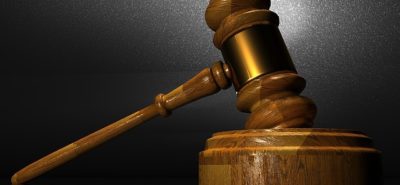Punitive damages – unlike compensatory damage – are not intended to make the plaintiff whole for his or her injuries or damages. Rather, punitive damages are money damages awarded to the plaintiff in order to punish the defendant and deter future wrongdoing.
Punitive damages are not awarded in all cases. In fact, before a court will award punitive damages, it will conduct a thorough analysis regarding the nature of the defendant’s misconduct. Punitive damages are most often awarded in personal injury and medical malpractice claims in which the defendant’s conduct is particularly egregious.
In determining whether punitive damages should be awarded, the court will look to several factors, such as:
- Whether the plaintiff was awarded other money damages;
- Whether the defendant’s conduct was malicious or purposeful;
- Whether punitive damages are relatively proportionate to the actual damages awarded to the plaintiff; and
- Whether the defendant’s misconduct directly harmed the plaintiff.
If punitive damages are awarded, there is a general rule of thumb that they should not exceed four times the amount of compensatory damages awarded. For instance, if the plaintiff is awarded $1 million in compensatory damages (such as medical bills, lost wages, and pain and suffering), the maximum punitive damages would generally be $4 million, although the specific amount varies from state to state.
Even if punitive damages are not awarded, the plaintiff may be awarded compensatory damages if he or she is successful in establishing liability for medical malpractice or other negligence claim, he or she may be entitled to recover money damages for the following:
- Medical expenses
- Lost wages
- Disfigurement
- Disability
- Loss of normal life
- Pain and suffering
Some states limit the amount of damages that a plaintiff can collect for non-economic damages, such as emotional distress and pain and suffering, and some states ban punitive damages all together. Illinois currently does not ban punitive damages, nor are there any caps on non-economic damages.
Contact a Medical Malpractice Lawyer
If you or a loved one were the victim of malicious negligence or misconduct, you may be able to recover punitive damages in addition to compensatory damages in a medical malpractice or personal injury lawsuit. There are strict time limitations on when you can file a personal injury or medical malpractice claim, however, so it is important to contact a personal lawyer as soon as possible.
The Chicago medical malpractice law firm of Cogan & Power, P.C. is dedicated to protecting the legal rights of the victims of medical malpractice, and over the years, we have collected more than $600 million for our clients.
Contact our office at (312) 477-2500 to schedule a free consultation with one of our Chicago medical malpractice lawyers.

